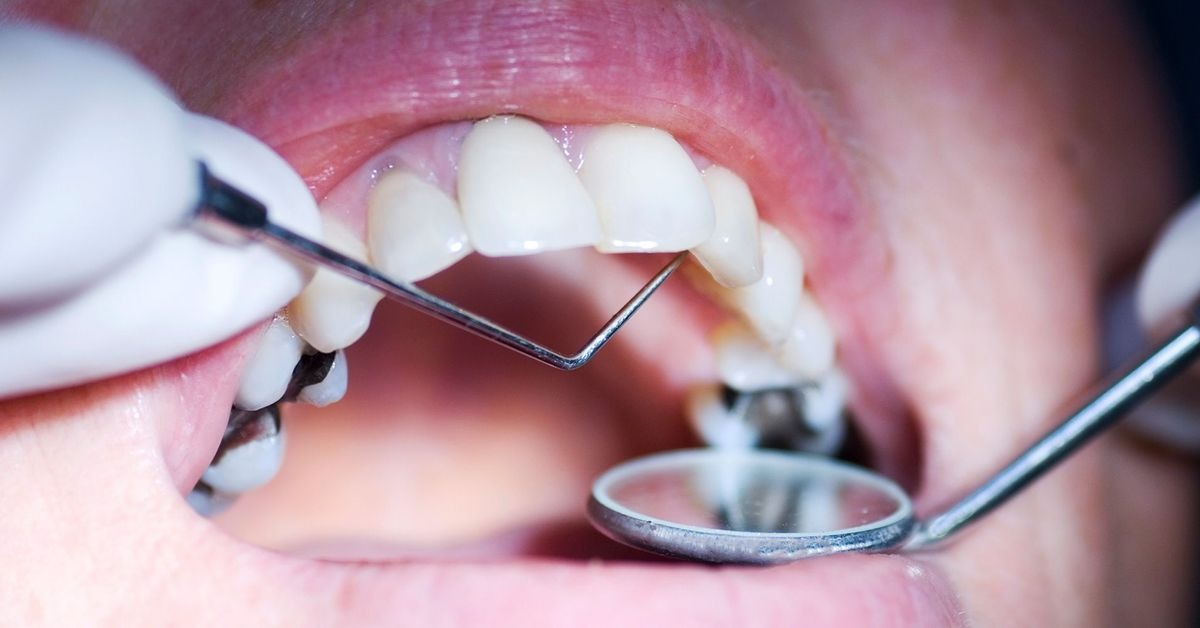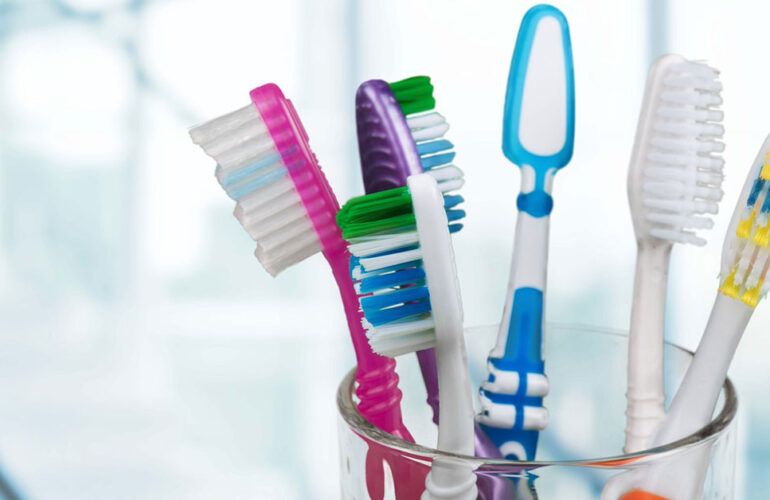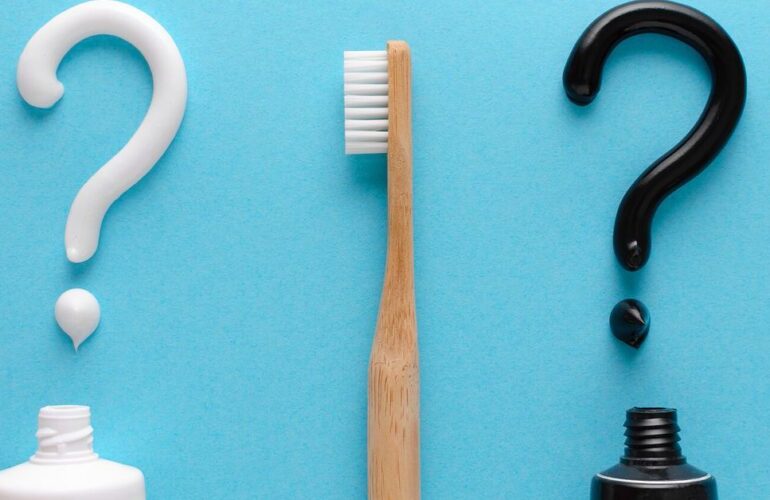Understanding Tooth Decay: Symptoms and Treatment
The health of your teeth is critical to your overall health and well-being. Poor dental health is a problem faced by individuals all over the world; taking precautionary measures to safeguard your health against the risk of tooth decay and cavities. This may make all the difference in preventing further complications. Cavities left untreated can cause serious issues that are likely to be very difficult to treat at a later stage.
Tooth decay mainly occurs when plaque collection results in acid that builds up and erodes your teeth. If this sounds severe and unmanageable, it’s because at least one of those two things is certainly true!
When plaque builds up it manifests as a wide range of issues, including dental abscesses, dental caries (holes found in the teeth), and gum disease.
What Occurs When Your Dental Health is Not Good?
It is not unusual for bacteria to build up in your teeth if accumulated food particles are left undetected, resulting in the formation of plaque. The acid produced as a result of plaque erodes the enamel on the surface of the teeth, and this is a serious dental condition.
Brushing and flossing daily is very important because these activities actively work at getting rid of sticky plaque. Instead, if it is allowed to build up, it can attack your teeth and result in cavities. But what is a cavity, exactly? Is it really a matter of concern, or is it something that can be dealt with by using simple methods?
What is a Cavity, and What Does it do?
Cavities are permanently damaged portions of the hard surface of your teeth that cause holes in their surface. Untreated cavities are very hard to treat because they often produce several different issues that need to be addressed one at a time.
Eventually, tooth abscesses and infections can even get into the bloodstream and pose an active threat to your overall health. So the simple answer to the question put forward earlier is: no, they cannot be addressed through simple methods.
Having said that, cavities are unfortunately a widespread problem across the board. They are most prevalent among children and older adults. They need to be treated properly to ensure that the patient does not run the risk of serious health problems and complications.
Symptoms of Tooth Decay
Tooth decay is a very tricky thing – it sometimes goes undetected because it doesn’t necessarily cause pain until cavities develop. However, if you are dealing with dental caries there are certain symptoms that will show up:
- Toothache: especially if it happens at regular intervals; often, a sharp pain may occur without an immediately detectable cause.
- Tooth Sensitivity: you may feel a sharp pain or unpleasant sensation when consuming foods that are cold, hot, or sweet.
- The Appearance of Dark Spots: tooth decay can cause grey, brown, and black spots to appear in different parts of the teeth
- Regular Bad Breath: tooth decay can also result in prolonged bad breath
- A Lingering Unpleasant Taste in the Mouth: quite often, patients suffering from tooth decay have reported that they are not able to taste food properly because of a lingering unpleasant sensation in the mouth. Sometimes, this can be due to poor oral hygiene over a long period, but it can also come from tooth decay which is a lot more serious.
How is Tooth Decay Treated?
Treatment of tooth decay largely depends on individual cases and what stage it is in.
- If it is at an early stage, your dentist may address the issue by prescribing the right diet, including how much sugar to consume and the duration of intervals between your meals. They may also apply paste or fluoride gel to clean the area, both of which strengthen the enamel and make your teeth more resistant to acids from plaque formation.
- Your dentist may recommend that a filling or crown be done, wherein the dental decay is removed by filling the hole.
- Root canal treatment may be required if the tooth decay has spread to the center of the tooth (called the ‘pulp’).
- In some cases, where the tooth is irreversibly damaged, the dentist will have to remove it. You could have it replaced with an implant or partial denture.
Schedule Regular Appointments with Your Dentist
As the old cliche goes, prevention is better than cure – but it’s also undeniably true. This is why it’s imperative that you visit your dentist regularly and get your teeth checked for symptoms associated with tooth decay.




